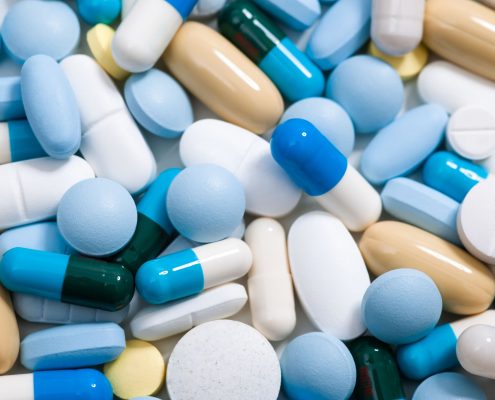How We Combat Counterfeit Serial Numbers
From credit card numbers to codes on medication, serial numbers need to be random.
Serial numbers are unique codes that are normally chosen randomly but not re-used. They are present in many places:
- On bank cards they are an identifier, allowing a shopper to prove they have the card when they are able to reproduce the long number when making a purchase.
- On pharmaceuticals and food packaging they can identify batches of products that were produced together, and also prevent counterfeiting. Patients, customers and distributors can check with a supplier if the serial number is valid and make sure it hasn’t been used before. This prevents counterfeiters from copying valid codes.
- In lottery instant-win tickets a serial number can be combined with a code to include information about whether the card is a winner or not –allowing a simple scan at a point of sale to validate a winning ticket without an internet connection.
- …and in many other places, e.g. on gift vouchers (the redemption code) and on YouTube (the code in the URL used to identify a specific video).
If a flawed random number generator is used, then nefarious parties can pounce! There are endless stories of card fraud, drug counterfeiting and lottery fixing that was enabled by such flaws.
Did you know: A woman who won on lottery scratch cards four times is suspected of cheating, by reverse engineering the ‘random numbers’ used by the lottery company.
Quantum Base has developed a simple random number generator. When used to generate serial numbers it will prevent the problems highlighted here. Find out more on this page.
How do you prevent a true random number generator from selecting the same number twice?
A true random number generator should be equally as likely to reselect the value after having picked it the first time –so the basic output from a random number generator shouldn’t be used for serial numbers. We don’t want two credit cards given to different customers using the same number! To prevent this, double-select algorithms are used to turn random selections into unique codes. You can read about one of these algorithms here.
According to OECD, the the value of global trade in counterfeit pharmaceuticals was up to $4.4 billion in 2016.

